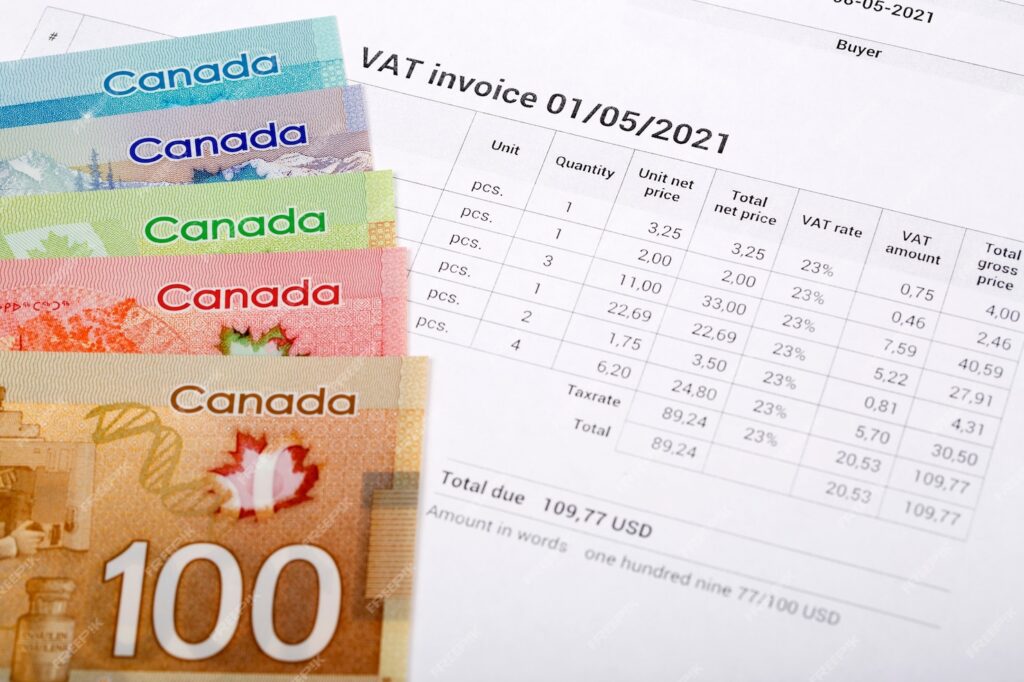Introduction
Guaranteed Investment Certificates (GICs) have become a popular choice among Canadian investors seeking safety and stability in their portfolios. They provide a secure way to save money while earning interest over a specified term. But how exactly do GICs work, and are they the right investment for you? Here’s everything you need to know.
What is a GIC?
A GIC is a savings product that involves lending money to a financial institution for a predetermined period. In exchange, you receive a guaranteed interest rate. Terms can range from as short as 30 days to as long as 10 years. Generally, the longer the term, the higher the interest rate offered.
When your GIC matures, you receive your initial deposit (the principal) plus any accrued interest. However, withdrawing funds before maturity typically incurs a penalty, so GICs are better suited for funds you won’t need immediately.
How Safe Are GICs?
One of the main attractions of GICs is their safety. Most GICs in Canada are insured by the Canada Deposit Insurance Corporation (CDIC) or a provincial equivalent. This means deposits up to $100,000 (or $250,000 in some provinces) per financial institution are protected, even if the issuing institution goes bankrupt.
Are GICs Liquid?
While GICs are generally considered illiquid due to their fixed terms, there are some variations:
- Non-Redeemable GICs
- Offer higher interest rates but penalize early withdrawals.
- Suitable for investors who can lock in their funds.
- Redeemable (Cashable) GICs
- Allow early withdrawals without penalties.
- Offer lower interest rates compared to non-redeemable GICs.
- Market- or Equity-Linked GICs
- Tied to the performance of a stock market index.
- Principal is protected, but returns depend on market performance
GICs vs. Mutual Funds and Bonds
- Mutual Funds: Unlike GICs, mutual funds invest in equities and bonds, which carry higher risk but also offer higher potential returns. GICs are ideal for risk-averse investors.
- Bonds: Both GICs and bonds are relatively safe, but GICs often have higher interest rates, especially in low-interest environments.
Pros and Cons of GICs
Advantages:
- Guaranteed Principal: Your initial investment is protected (up to insured limits).
- Fixed Returns: Provides a predictable income stream.
- Encourages Saving: Illiquidity discourages impulsive withdrawals.
- Versatility: Can be held in registered accounts like RRSPs and TFSAs.
- Accessibility: Minimum investments are as low as $500.
- No Fees: Typically, there are no charges to open or maintain a GIC.
Disadvantages:
- Low Returns: Interest rates may not keep pace with inflation.
- Lack of Liquidity: Early withdrawals often result in penalties.
- Inflation Risk: Locking in funds at low rates during high inflation could reduce purchasing power.
- Limited Growth: GICs do not offer the growth potential of equities or mutual funds.
Are GICs a Good Investment?
The suitability of GICs depends on your financial goals and risk tolerance. They can be an excellent choice for those who value capital preservation and predictable returns. However, they may not be ideal for investors seeking higher growth or who need immediate access to their funds.
Final Thoughts
GICs can play a valuable role in a diversified portfolio, particularly for conservative investors or those nearing retirement. To determine whether GICs align with your investment strategy, consult with a financial advisor who can recommend the best options based on your goals and market conditions.
By understanding how GICs work, their benefits, and their limitations, you can make informed decisions and incorporate them into a balanced financial plan.
This article is written for educational purposes.
Should you have any inquiries, please do not hesitate to contact us at (905) 836-8755, via email at [email protected], or by visiting our website at www.taxpartners.ca.
Tax Partners has been operational since 1981 and is recognized as one of the leading tax and accounting firms in North America. Contact us today for a FREE initial consultation appointment.
#lifeinsurance #irp #lifeinsurancetax #incometax #cralifeinsurance #shareholderbenefits #GreatwayFinancial #GreatwayIRP #ExperiorIRP #ExperiorLifeInsurance #WFGIRP #WFGIvari #InfiniteBanking #IRPBMO #JimPatterson #WaltDisney #TermInsurance #AccountantLifeInsurance #LifeInsuranceCRA #IndependentLifeInsuranceAdvisor #InsuranceAdvisor #FSRA #FSRAAudit #WholeLife #WholeLifeInsurance #InsuranceHelp #ProtectFamily #JamiePrickett #Marlon #MarlonAntonio #Recruiting


